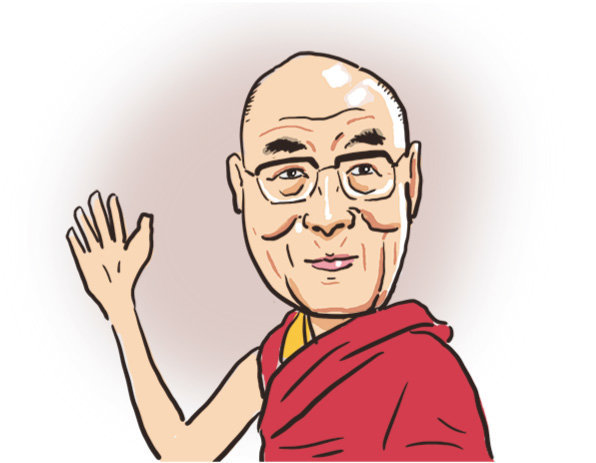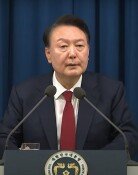‘Buddhism is science’
‘Buddhism is science’
Posted November. 16, 2022 07:39,
Updated November. 16, 2022 07:39

Some people believe that the good and mercy spring from hate and rage. His holiness in the 14th Dalai Lama is one of them. That belief is why he grieved for Mao Zedong, who persecuted Tibetans who followed Dalai Lama as their religious leader.
Mao Zedong - who may be respected by the Chinese as the savior who restored and enlightened them with the history of the independent nation - was the archenemy of the Tibetan people. As soon as they established the Republic, Mao Zedong and his communist underlings turned into imperialists more vicious than those from the West from whom the Chinese escaped through the Long March. Under Mao's leadership, China invaded Tibet, a peaceful Buddhist nation, killed more than one million people and destroyed their religious temples. Just as the 14th Dalai Lama said, they were chauvinists disguised as communists. Dalai Lama could not settle down and had to wander because of Mao Zedong. Still, His Holiness mourned for him when Mao Zedong died in 1976.
Time has passed since, and Korean philosopher Kim Yong-ok asked the 14th Dalai Lama, perhaps on behalf of all of us: "what made you express condolence for Mao Zedong's death?" He answered that he could learn Buddhist teachings and find peace of mind through the pain and rage Mao Zedong caused him. The answer surprised everyone. He noted that people should focus more on and value more preciously the good that springs from their minds than the enemy itself that triggers such a process. He continued that it is impossible to live in the flames of pure fury forever. No matter how powerful that fury may be, there comes the change of emotions offering peace of mind or forgiveness the moment when that strong rage calms down. He added many refuse that transformation of one's emotions and rush back into those flames of rage only to destroy themselves. He meant to say that the good born out of those flames should be held tight and grown further. According to Dalai Lama, that must be the path of Buddhist teachings and discipline. His guidance is perfectly logical and science-based. To him, Buddhism is science. Those scientific teachings drove him to forgive even the unforgivable archenemy Mao Zedong.







